
7 Recurring Minor Ailments That May Be Early Warning Signs of Cancer
When small health annoyances keep showing up, it’s easy to write them off as stress or aging. Yet sometimes, a cluster of trivial symptoms can point to something far more serious—cancer. While each sign in isolation may appear harmless, in combination they can serve as early red flags that shouldn’t be ignored. Here are seven common minor ailments that may be subtle indicators of cancer lurking in your body.
1. Unexplained Weight Loss
Dropping pounds without trying—especially more than 5‑10% of your body weight—can signal underlying issues. Many cancers, including those of the pancreas or lungs, subtly alter metabolism and appetite, causing gradual weight decline even when diet remains the same or increases. It’s a change worth checking out with a physician.
2. Persistent Fatigue
Feeling unusually tired despite rest? While fatigue is often shrugged off as work stress or poor sleep, chronic exhaustion with no clear cause may indicate cancer-related “nutrient theft” or early blood cancer. This deep-seated, persistent fatigue that doesn’t improve should be brought to a doctor’s attention.
3. Low-Grade Fever or Night Sweats
Occasional fever is normal, but persistent low-grade fevers or drenching night sweats can signal immune system involvement. In conditions like lymphoma or leukemia, the body often struggles to regulate temperature—even when no infection is present—warranting further examination.
4. Ongoing Pain or Aches
Pain with no clear origin—such as lingering backache, joint discomfort, or abdominal pain—can sometimes conceal deeper issues. For instance, persistent back pain was a warning sign of myeloma in a recent case where the condition was initially misdiagnosed as sciatica. Chronic pain should prompt medical evaluation if it lacks an obvious cause or fails to improve.
5. Changes in Bowel or Bladder Habits
A sudden, unexplained shift—like more frequent urination, blood in the stool or urine, persistent constipation or diarrhea—can indicate early signs of colorectal, bladder, or prostate cancers. These issues often start with mild discomfort but shouldn’t be disregarded, especially if they persist longer than expected.
6. Unusual Lumps or Skin Changes
Finding lumps beneath the skin—whether on the neck, breast, armpit or testicles—can signify localized tumor growth or swollen lymph nodes, even if painless. Similarly, subtle skin changes such as new moles, sores that don’t heal, or yellowing of the skin or eyes may hint at cancers like melanoma, liver, or pancreatic cancer. Early detection vastly improves treatment chances.
7. Persistent Cough, Hoarseness or Difficulty Swallowing
A nagging cough or constant hoarseness lasting more than two weeks—especially if accompanied by hoarseness or blood-tinged mucus—can signal lung or throat cancer. Similarly, trouble swallowing shouldn’t be brushed off, as it may indicate esophageal or throat tumors. Early evaluation can help catch problems when treatment is most effective.
Why Small Signs Add Up
These minor ailments are more alarming in clusters. For example, fatigue plus unexplained weight loss, or persistent cough along with hoarseness, can signal trouble. Cancers often present subtly and in confusing ways. Overlooking multiple symptoms—or an isolated alarm signal—can delay diagnosis until the disease advances, underscoring the importance of vigilance.
What You Should Do
-
Pay Attention to changes in your body that persist for weeks.
-
Track Key Patterns, especially when symptoms cluster or are unusual for you.
-
Consult a Doctor Early—most symptoms are benign, but it’s better to be safe than sorry.
-
Consider Screening Options if you fall into risk groups (age 40+, smokers, family history).Final Word
These seven seemingly minor health issues—unexplained weight loss, fatigue, low-grade fevers, ongoing pain, bowel/bladder changes, lumps or skin changes, and persistent cough or swallowing issues—may sound ordinary. But combined, they can hint at something serious. Being proactive and seeking medical guidance could make all the difference, preventing a small symptom cluster from becoming a major health crisis.
Your body speaks in whispers first; listen closely before it has to shout.
News in the same category


Both Mother and Child Died of Liver Cancer. Doctors Warn: 3 Things You Should Never Put in Your Congee
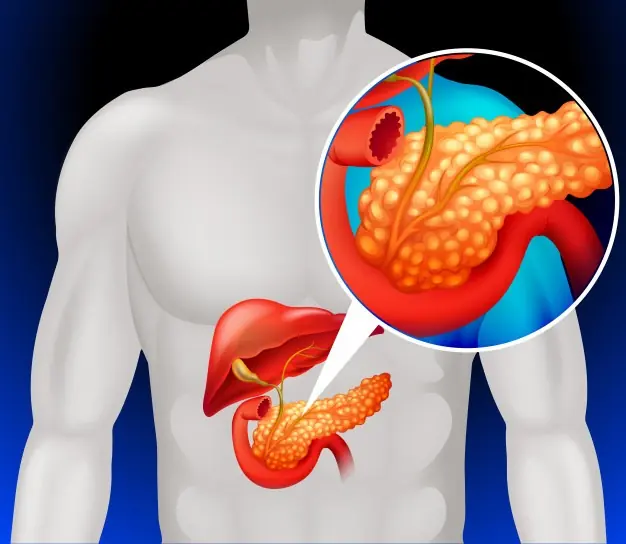
Abdominal Pain and Sudden Weight Loss: Warning Signs of Metastatic Pancreatic Cancer You Can’t Ignore
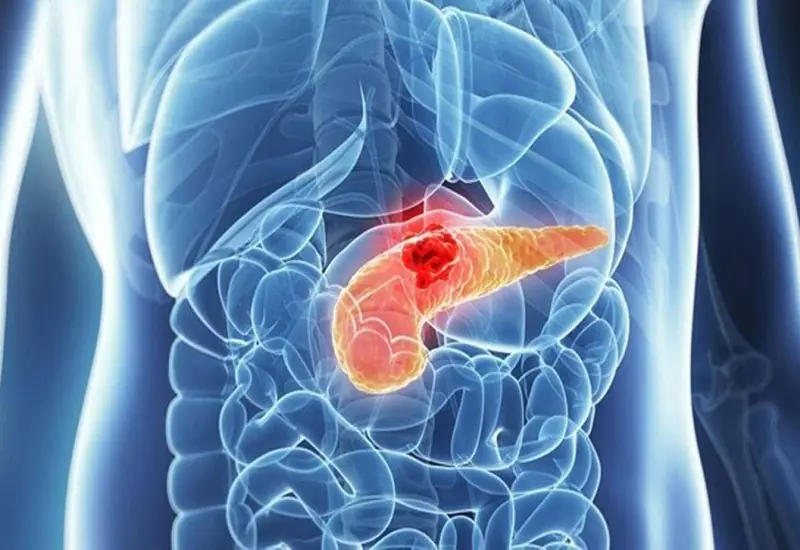
Skipping These Foods? You Might Be Missing a 22% Lower Risk of Pancreatic Cancer
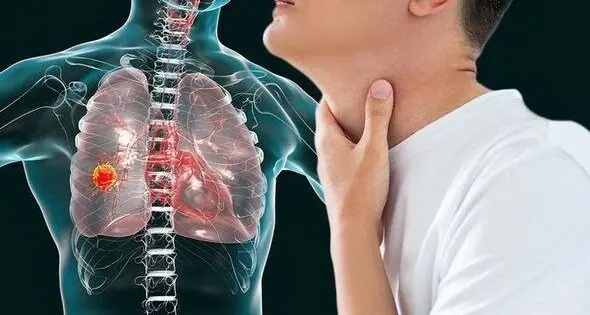
5 Early Signs of Lung Cancer You Shouldn’t Ignore – Metastasis Could Be Life-Threatening

Get Rid of Throat Mucus Faster: Science-Backed Home Treatments

Science-Backed Strategies: How to Lose Lower Belly Fat for a Healthier You

The Amazing Health Benefits of Drinking Baking Soda Water

7 Foods You Should Never Reheat or Store Overnight: Dangerous to Your Health

USA: Successful Trial of 'Miracle Drug' That Destroys 60 Types of Cancer

Bitter Mouth Upon Waking: What Does It Warn About? When Should You See a Doctor?

A Doctor On TikTok Explains The Risks Of Kissing Dying People

Why Are My Veins Suddenly Bulging and Visible?
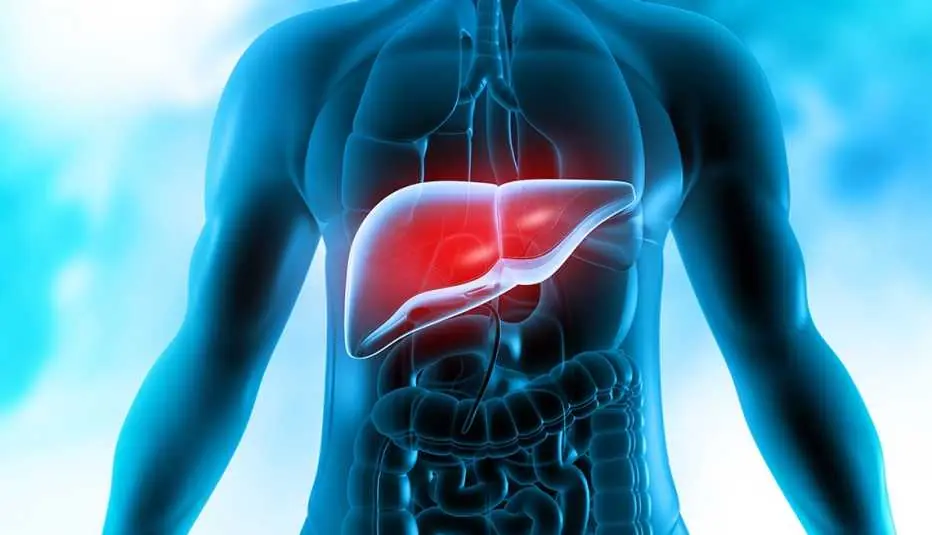
Liver Damage: 12 Warning Signs & How to Naturally Boost Liver Health

High Blood Sugar: 13 Early Warning Signs & 9 Strategies to Regain Control
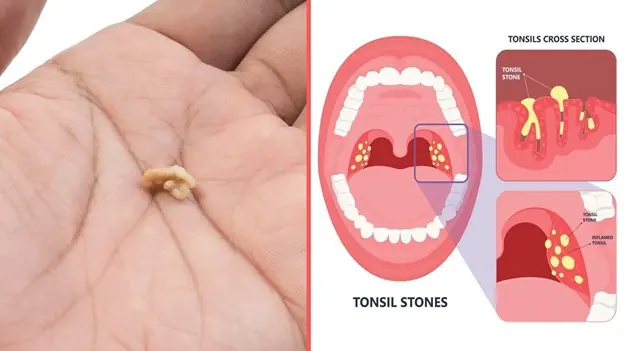
Tonsil Stones: Natural Ways to Remove and Prevent Them

Soothe Ear Infections Naturally: Top Home Remedies for Relief
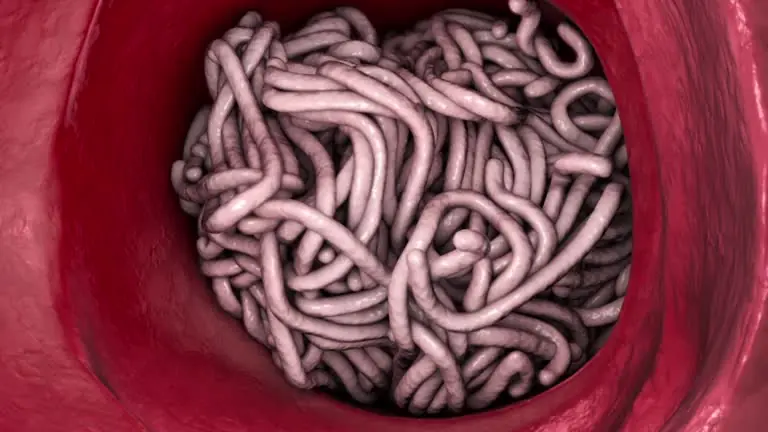
Natural Solutions for Intestinal Worms: Diet, Supplements & Home Remedies
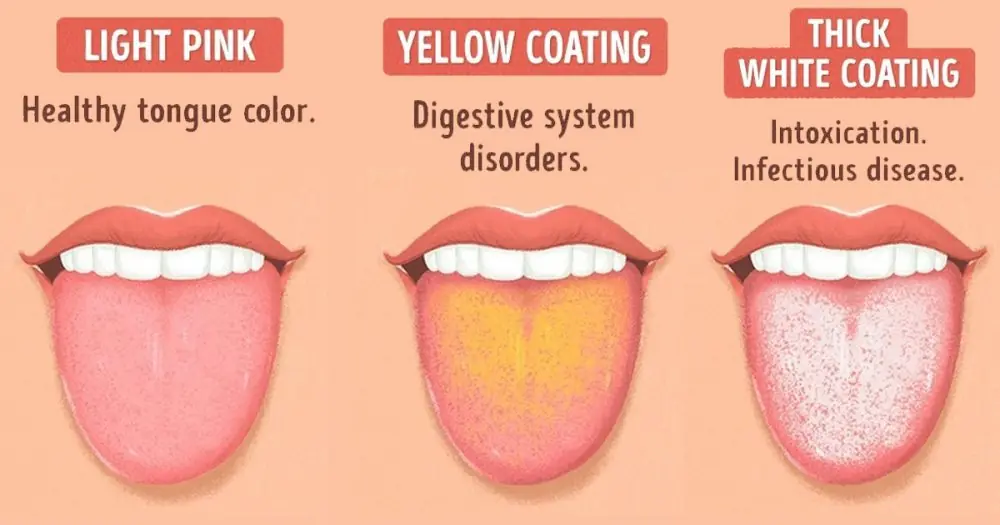
What Your Tongue Can Tell You: 8 Health Clues Written on Your Tongue
News Post

5 Common Drinks That Can Siphon Calcium from Your Body—And Many Don’t Realize It

Both Mother and Child Died of Liver Cancer. Doctors Warn: 3 Things You Should Never Put in Your Congee

Let’s Make This Special Healthy Multi-Fruit Juice & Drink for Smooth Skin & a Strong Immune System

Natural Ways to Support Vision Health for Seniors

🌿 The Leaf That Destroys Cancer Cells – Why No One Is Talking About It | Barbara O’Neill’s Natural Approach

11 Powerful Reasons Your Whole Family Should Drink Okra Water Every Day

Improve Your Oral Health Naturally with Garlic

How to Use Castor Plant Leaves to Treat 12 Common Health Problems Naturally 🌿

Thyroid Issues Are Rising—Here's a Natural Drink That Could Help

Why Cloves, Ginger, and a Lipton Tea Bag Might Be the Golden Trio Your Body Needs

🍇 Seniors: Eat These 14 Fruits That Help DESTROY Blood Clots Naturally (They Don’t Want You to Know This!)

🌿 Cleanse Your Kidneys, Liver & Lungs Naturally – The Celery Detox You Need!

Mix Bananas, Garlic, and Dates – You Will Thank Me Later! 🍌🧄🌴

Put Sage in Your Sock and See What Happens in Just a Few Hours – Ancient Remedy with Modern Benefits

Abdominal Pain and Sudden Weight Loss: Warning Signs of Metastatic Pancreatic Cancer You Can’t Ignore

Skipping These Foods? You Might Be Missing a 22% Lower Risk of Pancreatic Cancer

5 Early Signs of Lung Cancer You Shouldn’t Ignore – Metastasis Could Be Life-Threatening

Get Rid of Throat Mucus Faster: Science-Backed Home Treatments
